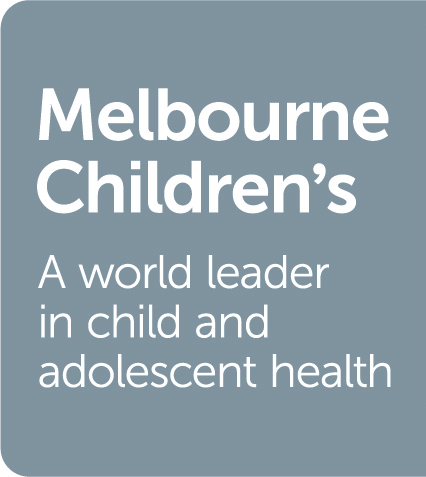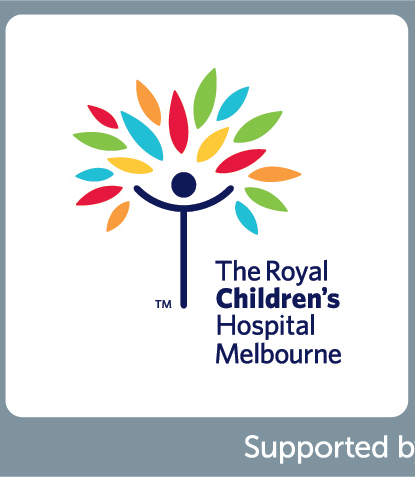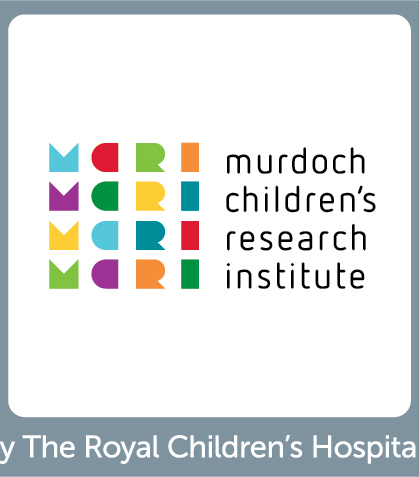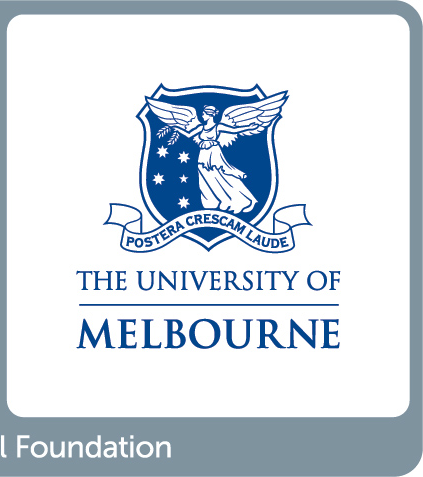Mental Health
Meet Lily *
In Grade 3, Lily’s teacher noticed that her progress in her schoolwork had slowed and she wasn’t participating in the classroom like she used to.
Her teacher and her family sought out evidence-based support services to try to help. They discovered that Lily was experiencing extreme fears and worries that were affecting her ability to learn and thrive.
Through the services provided, Lily, her teacher, and her family were able to understand her anxiety symptoms, and put in place supports to help Lily cope.
Without this support, Lily would have been at high risk for continuing mental health problems in high school, school disengagement, and unemployment.
* Lily is a representation of the experience of many young people who have mental health disorders at a young age.
Key facts |
| Half of all mental health disorders start before 14 years of age |
|
Children with mental health problems in primary school are on average 12 months behind their peers academically once they begin high school
|
|
Adolescents with mental health problems are 32 per cent more likely to experience unemployment as adults
|
|
In 86 per cent of mothers with symptoms of perinatal anxiety and depression, their mental health challenges were already apparent in adolescence
|
|
Children whose parents have a mental illness are twice as likely to develop mental health problems themselves
|
|
The rate of youth emergency department admissions due to poor mental health has been increasing by 6.5 per cent per year
|
LifeCourse research
Health and wellbeing are complex and vary across the lifespan.
LifeCourse research provides a platform that equips researchers with the tools, collaborations and data to produce more meaningful and robust research.
Creating a healthy start to life is vital to reduce disease risk later in life, and close the gaps created by social and economic inequities.
Preventing mental health issues is integral. The breadth of LifeCourse studies at MCRI provides the opportunity to target the pathways that can lead to poor mental health across different ages, backgrounds, lifestyles and situations.
We can unravel the complex issues that underpin poor mental health through collaboration, data sharing, and pooling biospecimens to maximise the use, value and impact of research.
Mission
Understanding mental health requires a long term perspective.
At MCRI, our LifeCourse studies collect data and samples on children over time, sometimes from before they are even born, to increase our ability to address these problems before they take hold.
We are home to nearly two thirds of all population cohort studies in Australia and New Zealand. That means we can collaborate, share resources and expertise, and increase the impact of each individual study.
Working together, we can reach a deeper understanding of mental health disorders nationally and internationally, and strive to reduce their prevalence.
Importantly, we not only have many population cohorts, but we have two intergenerational cohorts – meaning study participants and their children. This allows us to explore the generational patterns of mental health conditions, and learn how we can disrupt these cycles.
Where to next?
LifeCourse at MCRI is a powerful, unparalleled data resource for custodians and researchers.
This unique platform champions cross-cohort collaborations between rich longitudinal datasets across MCRI and our Melbourne Children’s campus partners – The Royal Children’s Hospital and the University of Melbourne Department of Paediatrics.
This strengthens the power of the individual studies and produces more impactful research.
With mental health disorders on the rise globally, especially in our younger populations, there has never been a more crucial time to invest our energy and resources into high quality mental health research.




